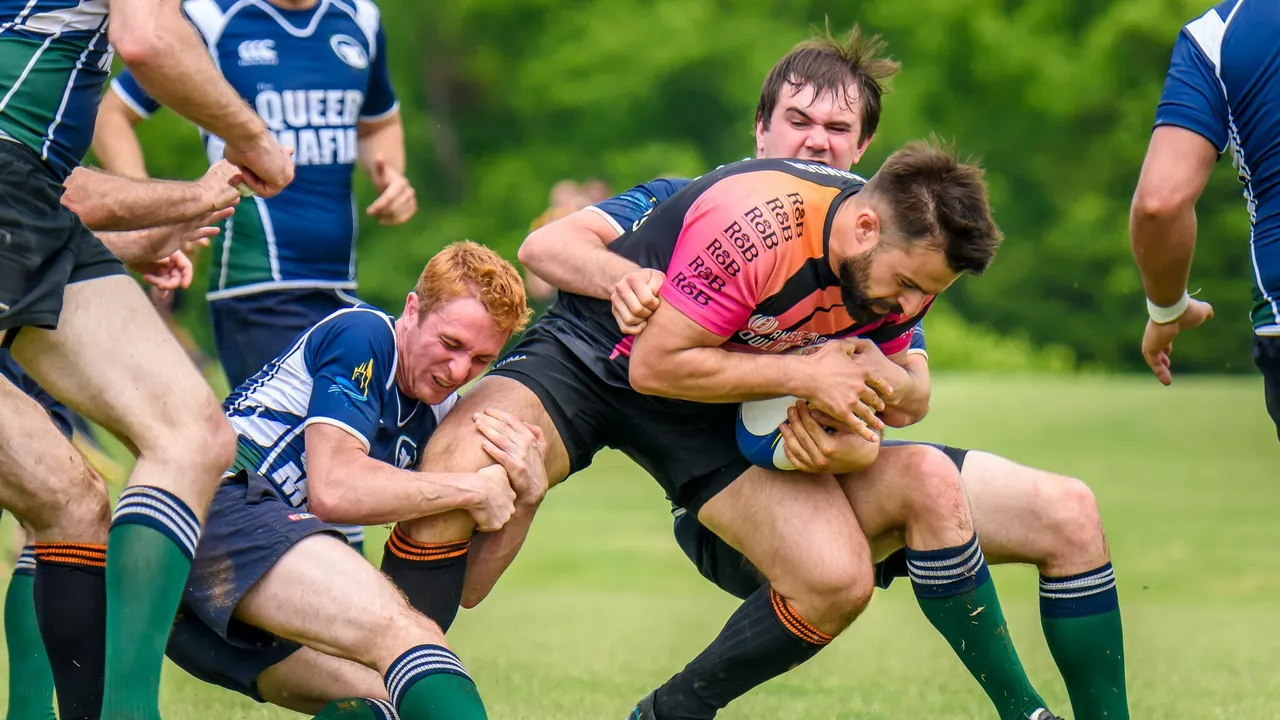Player Evaluation: How to Assess Rugby Talent on the Field
Ever wondered how the best coaches spot a future star? It isn’t magic – it’s a mix of watching, measuring and asking the right questions. Below you’ll find a straightforward plan you can start using today, whether you’re running a junior side or a senior squad.
Key Metrics to Track
First, pick a few numbers that matter most for your style of play. Here are the basics most clubs use:
- Work rate: Count how many tackles, carries and rucks a player hits in a 70‑minute game. High work rate shows stamina and commitment.
- Breakdown efficiency: Look at missed tackles vs successful ones, and how often a player wins the ball at the ruck. Good numbers mean they protect the ball and don’t give away penalties.
- Ball handling: Track passing accuracy and the number of handling errors. Clean hands keep the attack flowing.
- Decision speed: Notice how quickly a player chooses to pass, kick or run. Fast decisions keep the defense guessing.
- Physical impact: Record tackles made, carries broken and any line‑out jumps won. This tells you how much they contribute in contact.
Write these stats down after each match. You don’t need fancy software – a simple spreadsheet works fine.
Practical Tips for Coaches
Numbers are only part of the story. You also need to watch how a player behaves on and off the pitch.
1. Use video. Capture a full game and watch the player’s key moments. Pause on a missed tackle, then ask the player what they saw. This creates a learning loop.
2. Ask open questions. Instead of saying “Did you see that?”, try “What was your thinking when you chose to pass there?” Players often reveal their game sense in their answers.
3. Test in training. Set up drills that mimic match situations – like a 3‑on‑2 break or a quick ruck after a tackle. See if the player does what the stats say they should.
4. Watch attitude. Does the player hustle after a mistake, or do they give up? A good attitude can turn a mediocre skill set into a solid performer.
5. Keep a journal. Write a short note after each session: “John showed great work rate but missed two passes in the 30‑minute mark.” Over weeks you’ll spot trends.
Combine these habits with the simple metrics above and you’ll have a clear picture of who’s improving, who needs extra work, and who might belong in a higher league.
Remember, evaluation isn’t a one‑off event. It’s a habit that builds trust between you and your squad. When players see you track real data and give honest feedback, they’ll push harder to meet the benchmarks.
Start with a single game, record the five key stats, watch the highlights, and jot down one attitude note. That’s all it takes to kick off a solid player evaluation system for your rugby club.
Who is the most talented rugby player ever and why?
In my opinion, the most talented rugby player ever is none other than Jonah Lomu. The New Zealander's raw power, speed, and agility set him apart from his peers, allowing him to dominate games single-handedly. What made Jonah unique wasn't just his physicality, but also his ability to read the game and adapt to any situation. His performances were consistently brilliant, even against the toughest of opponents. To this day, Lomu's impact on rugby is still felt, proving his status as the greatest of all time.
